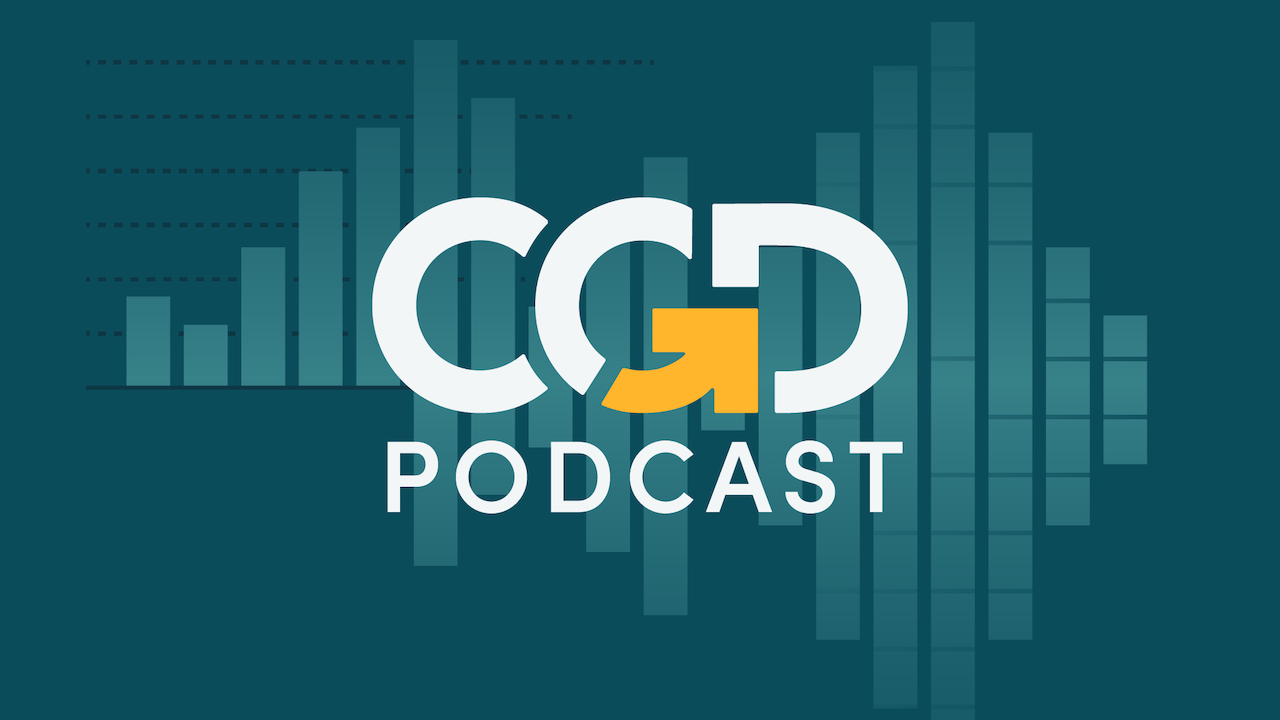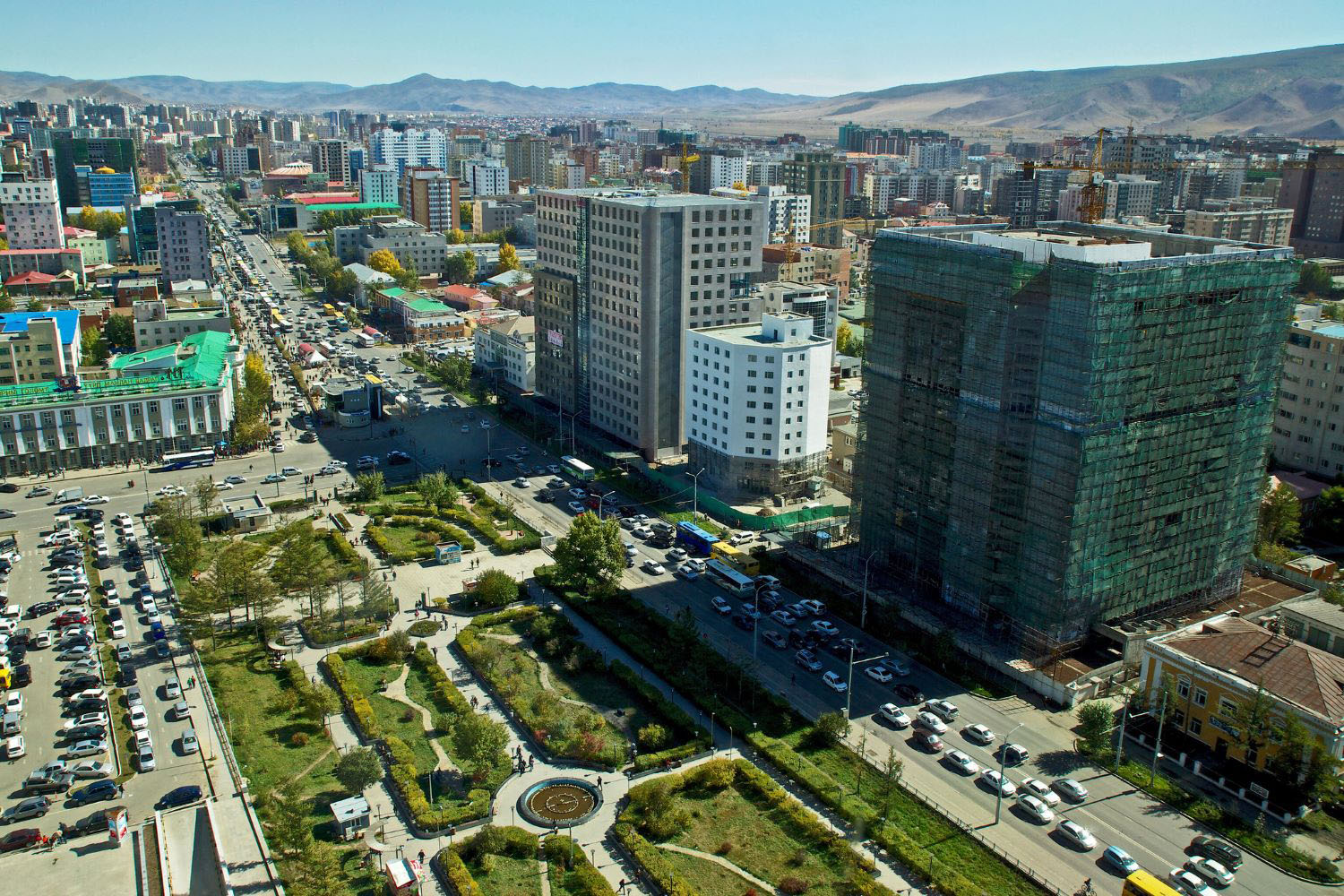A crisis is unfolding in India's microcredit sector that-- beyond its immediate effects on borrowers and lenders-- will greatly affect the future of financial services for the poor. I'm joined by
David Roodman, senior fellow here at the Center for Global Development and author of the forthcoming book Due Diligence: A Guide to Microfinance (which he has shared step by step on his
Open Book Blog). David recently traveled to Andhra Pradesh, the epicenter of the crisis. On the Wonkcast, he leads me through the story of the explosive growth of Indian microcredit-- and its sudden fall from grace.
Much like the recent history of the U.S. mortgage market, the Indian microcredit bubble inflated with the aid of imprudent business practices, government policies with unintended consequences, and well-intentioned investors whose capital fanned the flames. In the last half of our conversation, David and I consider the lessons of the crisis for each of these groups. He offers a word of warning for those who would finance the continued expansion of microcredit. "One of the lessons of financial history is that a credit market can always turn into a bubble. What we're being taught here is that microcredit is no exception... Investors who are fueling... this rapid growth need to see themselves as potentially part of the problem, not just part of the solution."
Listen to the Wonkcast to hear the interview and read more on David's blog. Have something to add to the discussion? Ideas for future interviews? Post a comment below or send me an email. If you use iTunes, you can subscribe to get new episodes delivered straight to your computer every week.
My thanks to Wren Elhai for his very able production assistance on the Wonkcast recording and for drafting this blog post.
CGD blog posts reflect the views of the authors, drawing on prior research and experience in their areas of expertise.
CGD is a nonpartisan, independent organization and does not take institutional positions.





